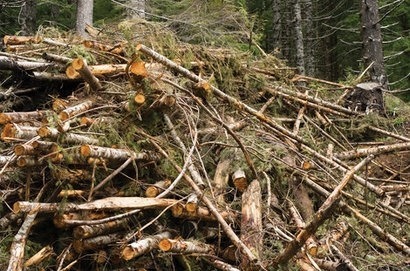
The project will provide an understanding of UK produced ‘2nd Generation’ biomass properties, that is to say those derived from plants and generated through photosynthesis. It will also look at how these vary and relate this variability to the origins of the samples tested. Several types of biomass from across the UK under various planting, growing, harvesting and storage conditions will be sampled. The results will be analysed in order to understand the scale of variation and what impacts different production and storage methods have on biomass properties.
Forest Research is a leading research centre with regard to woodlands and forestry and an executive agency of the Forestry Commission. It conducts world-class scientific research and technical development to support and inform policies for forest management.
“At the ETI we see bioenergy alongside carbon capture and storage as one of the biggest levers in any transition to a low carbon energy system” said Dr Geraint Evans, programme manager, Bioenergy at the ETIwho is leading the project. “This project aims to build our knowledge base to increase our understanding of what is the best use of any sustainable feedstock produced in the UK at a system level.”
Dr Helen McKay, Head of Centre, Sustainable Forestry and Climate Change at Forest Research added that this is an important area to understand and that Forest Research has worked previously with the ETI on its ELUM project which studied the impact of bioenergy crops on soil carbon levels and greenhouse gas emissions. The combined findings of work on both projects will help the UK to gain a better understanding of biomass as a low carbon energy source and how it is best applied.
According to Steve Croxton, Senior Technical Consultant for Bioenergy Crops at E.ON Technologies (Ratcliffe) Ltd, improving the understanding of sustainably grown domestic biomass could provide up to 10 percent of UK energy needs by 2050. It is therefore an exciting prospect which E.ON is keen to work with and support and which will help to build an evidence base for the greater use of biomass in UK energy production.
The ETI also recently announced it is seeking partners to deliver a project which will validation of current estimates of UK land available for biomass crops.
For additional information:

